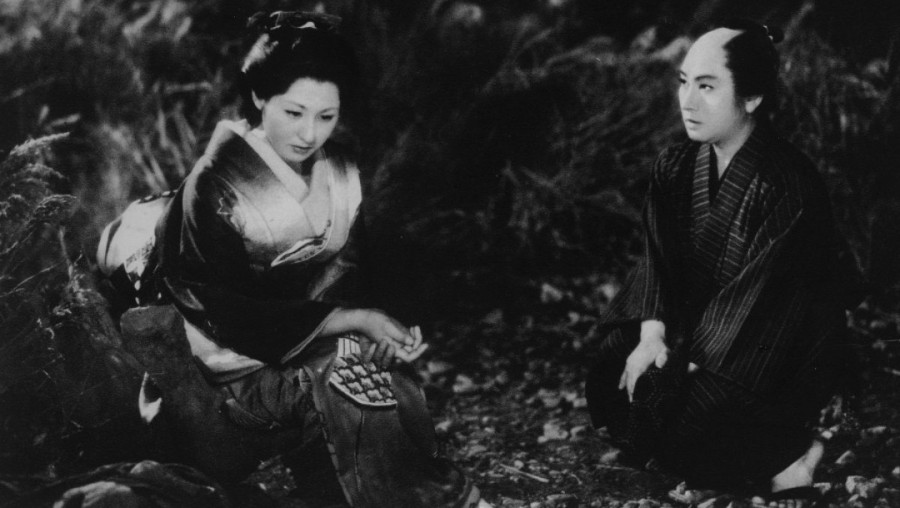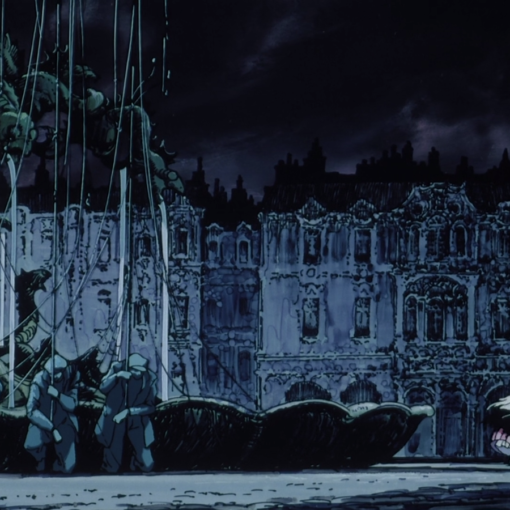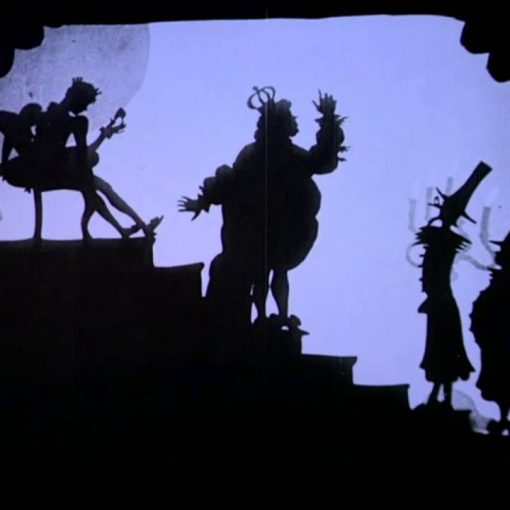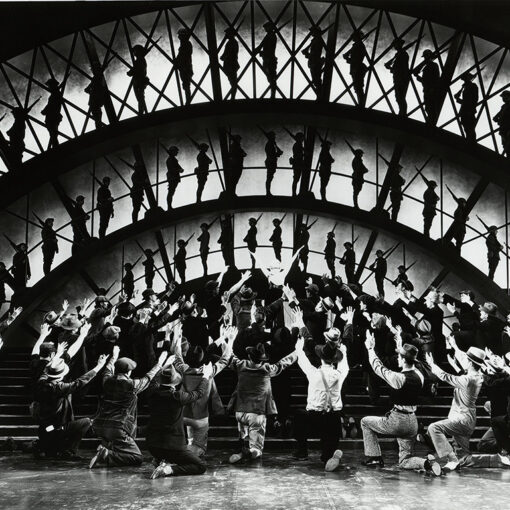 | Original title: Chikamatsu Monogatari |
Rating:  (4 / 5) (4 / 5) | |
| Year: 1954 | |
| Director: Kenji Mizoguchi | |
| Duration: 102 min. | |
| Genres: Drama, Romance |
Chikamatsu Monogatari
After Sansho the Bailiff and Uwasa no Onna, can you believe that Chikamatsu Monogatari is Mizoguchi’s third (!) film from 1954. And what is even more incredible is that all three are of immensely high quality. This one doesn’t seem to have the dramatic punch of Sansho or The Life of Oharu, but it is still a great film for many other reasons. One of them is the performance of lead actress Kyôko Kagawa as Osan, a woman who is accused of adultery. She had only just broken through to the big audiences by playing the role of Anju in Sansho the Bailiff. This time though she plays a married woman. Her mother arranged her marriage to a wealthy and influential man to raise the status of the family. Her husband is said to be thirty years older than herself. Through a strange play of fate, she ends up being accused of having an affair with one of her husband’s employees, a man named Mohei.
Having an affair like this is punishable by death, we learn in one of the first scenes of the film. A samurai’s wife and a servant are to be nailed to a cross for committing such an act. The cruel thing is that there hasn’t been any affair when the accusations are made against Osan and Mohei. It was an unfortunate chain of events that led to them being accused. It was Osan who got Mohei into this trouble, or so she feels, and when Mohei manages to escape from captivity, she soon follows. Chikamatsu Monogatari is just like any other Mizoguchi film – long slow takes, long stretches of no music and hardly any background noise. For me this is one of the reasons I love his films. They can move you so much by doing so very little. When the music finally does kick in, it just gets all the more intense. The only point of criticism I have with this film is that the drama never quite seems to hit boiling point, like it did in Sansho, Oharu and Ugetsu. The final scene might not be very surprising, but it still packs a decent punch though.
This film, like so many other Mizoguchi films, questions Japanese customs and beliefs. One of the female servants almost literally questions why men can sleep around with other women, but when a woman sleeps with even one other man, she must die. This is still so very true, even in western society – aside from the dying of course. It is also worth noting that the English title of this film seems to be The Crucified Lovers. That title refers to the samurai’s wife and her lover of course, but of course the question is if it’s going to refer to Osan and Mohei too at some point. But that’s what IMDb says, my very English copy reads Chikamatsu Monogatari. The word Monogatari means no more than simply story or tale. Chikamatsu doesn’t refer to anything in the film, but rather to its writer Monzaemon Chikamatsu, a dramatist from the late 17th and early 18th century. Another one of his plays turned into a film is Double Suicide from 1969.





